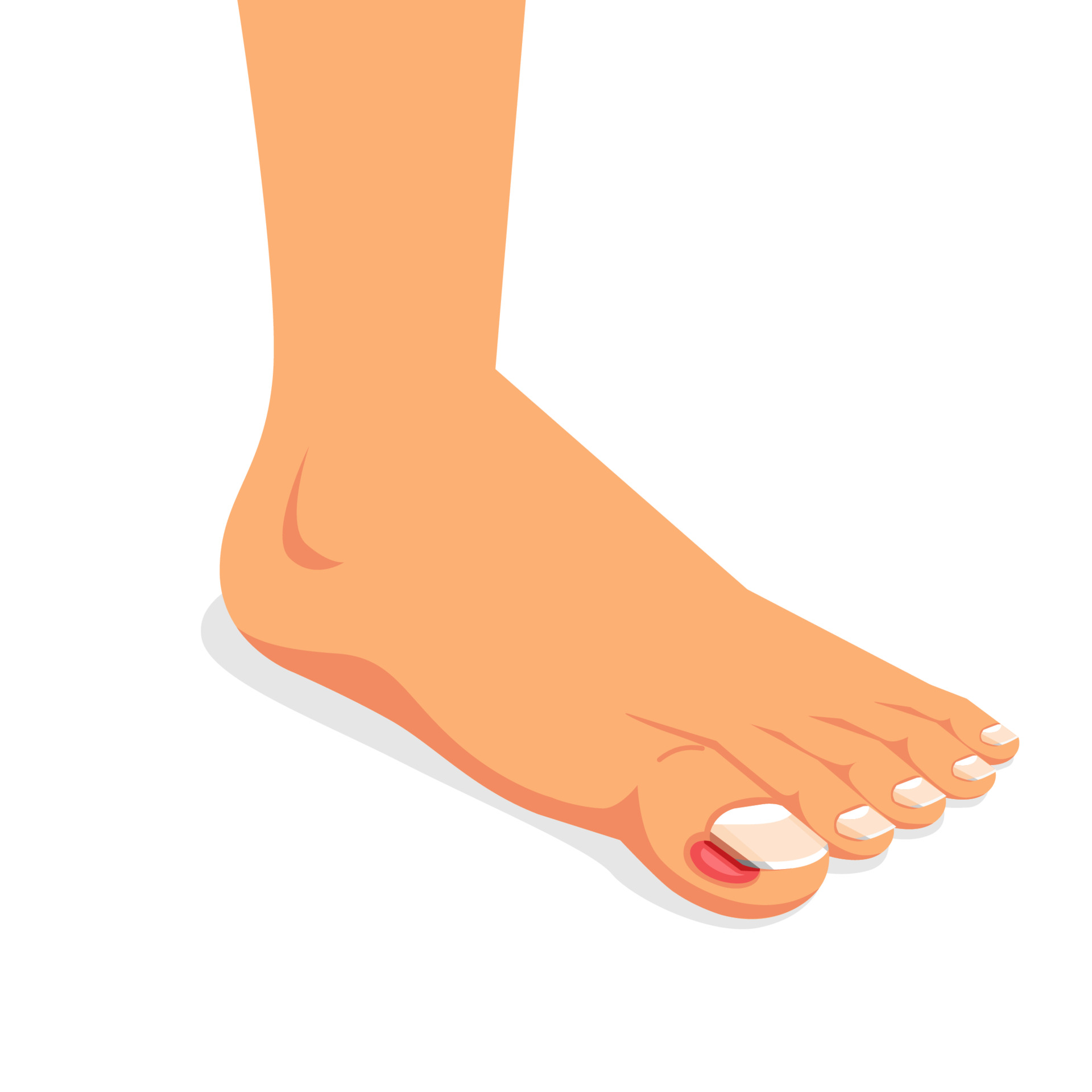We provide the best foot and ankle care at the comfort of your home
throughout Chicagoland of Cook, Kendall, Will, Lake, Kane, DuPage, McHenry counties , we will see You within 24-48 hrs!
We speak English, Spanish, Polish and Russian.

Ingrown Toenails
Ingrown Toenails
Ingrown toenails are a common foot problem. They develop when the edge of your toenail grows into the skin of your toe, and they’re often painful. Ingrown toenails can cause minor discomfort or terrible pain, depending on how much they have grown. For many lucky people, an ingrown nail will resolve by itself, without any treatment.
An ingrown toenail can be as a result of one or more of the following reasons:
Constant stress to the toes: This can occur with athletes who kick things all the time. It is also common with people who do ballet and people who wear shoes that pinch their toes
Trauma to the toe: A stubbed toe can develop an ingrown nail. Dropping a heavy object on a toe can also result in an ingrown nail
Cutting the toenails the wrong way: Toenails should be cut straight across. Trying to round the toenail at the corners can cause it to grow into the folds of the toes
Thickened toenails: Some people have naturally thick nails. So do many older people. Thick toenails are more likely to become ingrown
A hereditary trait: Some people have a genetic trait (like nails that fan sideways) that causes their toenails to become ingrown
How is an ingrown toenail treated?
Minor ingrown toenails can heal on their own as the nail grows out. However, severe or infected ingrown nails require professional medical care.
It’s important to learn the signs of an ingrown nail infection so you know when it’s time to visit a foot doctor. If you have an ingrown toenail, you can experience one, many, or all of these symptoms:
- Drainage, like blood or pus
- Significant swelling
- Warmth
- Worsening pain
- Toe pain and sensitivity where your toenail and skin meet
- Swelling of the skin that surrounds your nail
- Redness
- Signs of infection, such as bleeding and pus drainage
If your nail is infected, it won’t heal on its own. The only way to treat the infection and prevent painful complications is to visit a podiatrist from Chicago Home Foot Care for ingrown nail care. There are options when it comes to treating ingrown toenails.
Call our housecall podiatrist in Chicago: 312-998-0974

Client Testimonials
Contact us
- chicagohomefootcare@gmail.com
- 312-998-0974
- 5310 N.Sheridan , Chicago Illinois, USA
- 5950 Hohman Ave , Hammond Indiana, USA
Book Appointment
All Rights Reserved | 2017 |
Crafted by Greenwebmedia.com | Terms & conditions
| Privacy Policy





